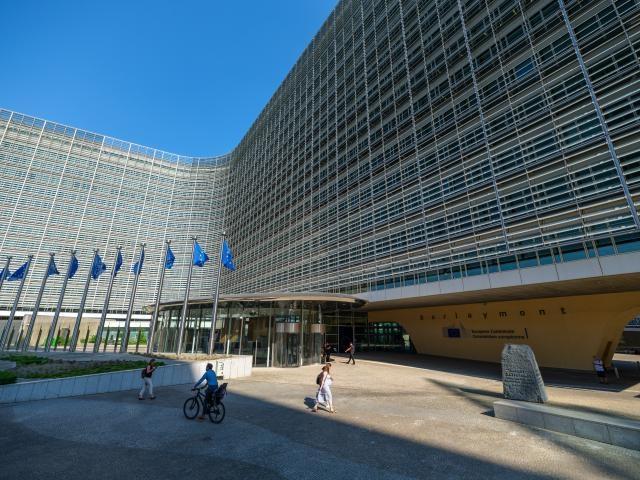The expansion of expedited deportations is causing deep concern among human rights advocates. Photo: Voice of America.
Guacamaya, July 15, 2025. A recent memorandum from the U.S. Immigration and Customs Enforcement (ICE) reveals that detained migrants could now be deported to third countries with as little as six hours’ notice. The measure would apply “in exigent circumstances,” according to a document signed by the agency’s Acting Director, Todd Lyons.
According to the communication accessed by Reuters, ICE may send migrants to nations other than their country of origin, provided there are agreements in place pledging that deportees will not be persecuted or tortured. Normally, policy dictates a 24-hour advance notice, but this window can be reduced to just six hours in special cases, as long as the affected person has been able to contact a lawyer.
Previously, transfers required review procedures to rule out the risk of persecution in the destination country, but after a Supreme Court ruling last June, those requirements are no longer necessary. This paves the way for Donald Trump’s administration, through ICE, to send detained migrants to other countries almost immediately.
The policy of deporting migrants to third countries was tested on a large scale for the first time in March 2025, when at least 238 Venezuelans were deported to El Salvador. U.S. authorities claimed the Venezuelans were members of the Tren de Aragua criminal organization and invoked the Alien Enemies Act of 1798 to justify the expulsions.
The deported Venezuelans were immediately transferred to the Center for Terrorism Confinement (CECOT), a Salvadoran mega-prison notorious for its harsh conditions. Various human rights organizations around the world, as well as the UN Human Rights Office, denounced the forced disappearance of these migrants.
Last week, the Trump administration sent eight migrants from Cuba, Laos, Mexico, Myanmar, Sudan, and Vietnam to South Sudan—a country the U.S. government itself advises against visiting due to violent crime and armed conflict. At the same time, the government pressured officials from Liberia, Senegal, Guinea-Bissau, Mauritania, and Gabon to accept deportees from other locations.
Advocates and immigration lawyers warn that migrants could be sent to countries where they do not speak the language, lack support networks, or might face new dangers. While deportations to third countries have occurred in the past, with the removal of judicial barriers, the policy could now be used more frequently, potentially driving deportations to record levels.







